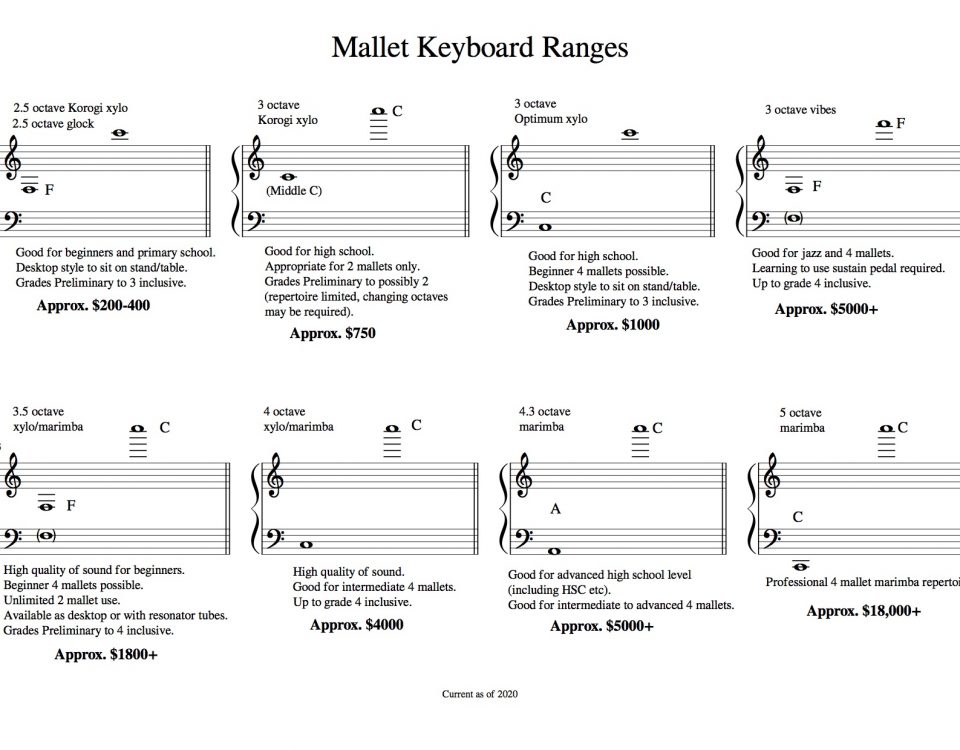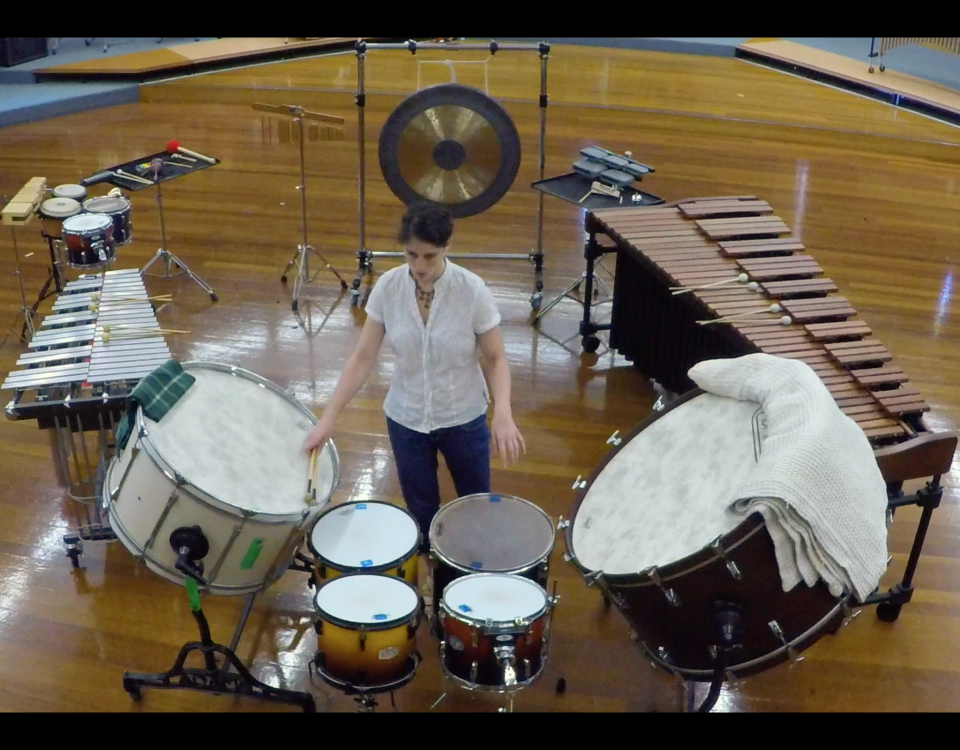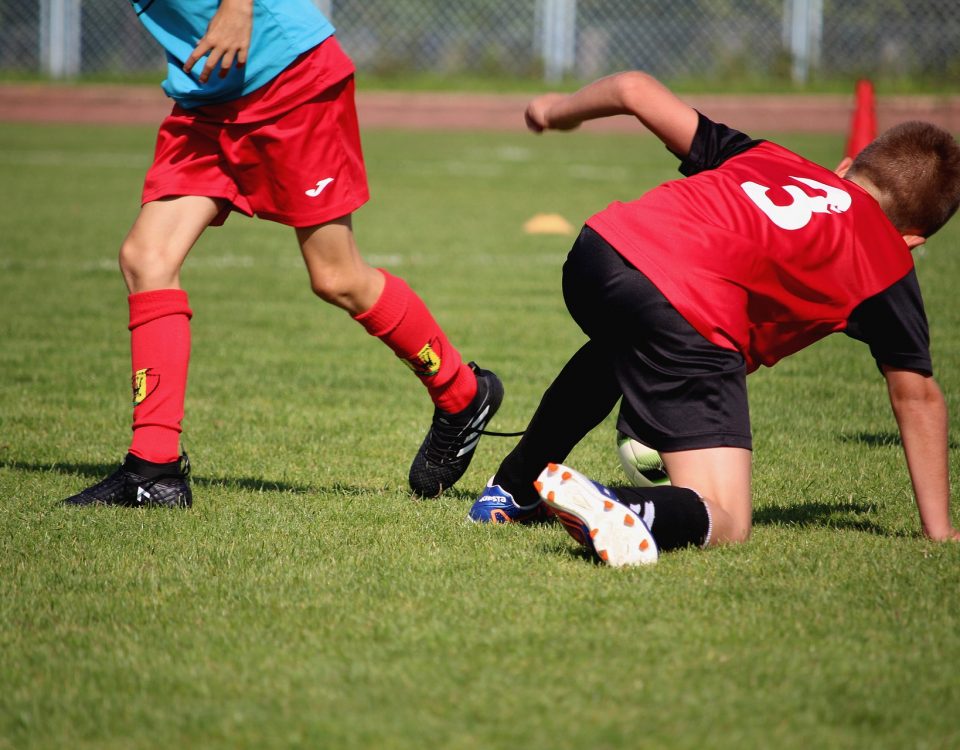Should my Child Have a Go at Music?

Supporting your Child’s Musical Progress
24/05/2018
Pushing the Sport Agenda
10/06/2019By Kaylie Dunstan; BMus, MMus.
- Music isn’t a sport, it’s a study.
The big picture
I’ve been involved in school musicals, both growing up and as a professional. It is a wonderful and memorable experience for students and teachers alike. Everyone puts in countless hours of hard work, late nights, high levels of stress and fatigue, juggling other school and sporting commitments. But after all of that, nothing beats the eruption of celebration and exuberant excitement of the cast at the final closing of the curtain. Every time, I see the same explosive cheer, full of pride that they have succeeded in performing a demanding production to their family, friends and school community. The feeling of such an awesome accomplishment is a unique joy that stays with you for the rest of your life.
This experience is a prime example of what we know as delayed gratification. It’s a long term goal where the payoff seems like a distant concept. The journey didn’t start when there was an expression of interest to be involved in a school production, but at the very early stages of their musical development. This is years and years of hard work, gaining knowledge, experience and skills as a baseline for embarking on such an ambitious performance. It comes from a long-term commitment to a journey full of challenges and character-building achievements. I wonder if children grasp this concept. They seem absorbed in the present, taking each day as it comes and mainly being concerned with their immediate surroundings. As educators and parents, it’s up to us to rectify their forgivable short-sightedness and broaden their minds to consider the rest of the world and the future.
“What should I play with, my iPad or my instrument?”
In this digital age, society is continuously redefining itself. In some ways it connects us, gives us knowledge at our fingertips, simplifies day-to-day processes and cures us of boredom. The latter is a troubling trend which I see having negative consequences in our lives, particularly our children’s. iPads in particular have made an increasing appearance at dinner tables, in restaurants, schools and even in prams. This instant gratification spares adults of the impending frustration and outburst by an impatient child having to wait for something interesting to happen. It robs children of the opportunity to be self-sufficient, use their imagination and to engage fully with the world around them while building social skills. There have been questions raised as to the affects excessive screen time has on children, especially their focus and patience. Recent recreations of the marshmallow test, where preschoolers resist eating a marshmallow for 10 minutes so that they receive two as a reward, have shown that children are more patient and self-controlled than they were in the 1960’s. But perhaps they perform better when they have an immediate incentive to resist temptation. If a school child had their musical instrument next to an iPad, what would they likely engage with? I suspect for most it would be the screen since it offers instant fun.
Sport is a popular activity for many kids and so it should be. It has many health benefits by getting kids active and social, while building their gross motor skills. It is, however vastly different to playing music, which in contrast is a disciplined study. While some children are involuntarily signed up for violin or piano lessons, others choose to learn a musical instrument because it looks fun to play. Having this outlook needs to be coupled with the understanding that it is both an educational journey as well as delayed gratification. It’s not the same as playing sport where the ‘happy chemicals’ released are always immediate, no matter how seriously the child takes their chosen sport. Some children may excel in sport and demonstrate intrinsic motivation and discipline to be strong competitors. But many children participate as a hobby to socialise and keep fit. They are able to just show up and have a go. For these kids, the nature of playing a sport means that showing up to training or matches is the only ‘practice’ required. Most children are not asked to do training at home so their commitment and discipline are not challenged. The level of skill required to participate in sport does not need to be high, nor does it need to be progressive. No matter what their level of skill, participation is always possible and enjoyable. With music however, the level of skill reflects not only the success, but the enjoyment of music. In private lessons and ensembles, the music progresses in difficulty, requiring ongoing ‘individual’ practice, not expected by the majority playing sport. Having a casual attitude towards sport is much more successful than in music. As cringe-worthy as underperforming in a grand final might be, doing a messy performance of a well-known tune takes so much enjoyment out of the art.
What happens when children ‘dabble’ in music
Unlike sport, which is an activity offering instant gratification, music for the most part is an example of delayed gratification, therefore needs to be approached differently. Learning music is not designed to be a casual venture meant for complacent attitudes. If one has a passive approach by just turning up for music sessions, it usually leads to a loss of interest due to impatience and inadequacy. ‘Just having a go’ doesn’t work in music for several reasons:
1. In a school setting where students are part of a band or ensemble, there are immediate and direct consequences if they don’t play their part well. The quality of music will diminish, other committed children won’t have as enriching an experience and that child is more likely to feel inadequate and overwhelmed when they can’t keep up with the progress of the group. Unlike having subs available in a game, a child’s physical or mental absence is obvious and has a direct impact on everyone involved. There are few immediate options available to fill this kind of void or come up with a solution.
2. That momentary challenge of trying something and not succeeding straight away can be met with impatience and frustration. That is a critical learning moment for the child to persevere with attaining a skill, even in the short term. If they are not willing to increase their effort, their interest in the activity dwindles.
3. Weekly lessons require consistent reinforcement on the home front in order to overcome musical challenges. If this part of their learning isn’t supported at home throughout the week, their ‘hardship’ and discomfort will be prolonged and the activity will lose its appeal. By the same token, forcing a child to stick at it for another year without positive change can be just as damaging. Persistence is not the some as perseverance.
4. Feelings of inadequacy for not putting in the work also lead to lower self-confidence. What if they took on a challenge and overcame it instead of avoiding it? Parents don’t want to see their kids uncomfortable but they won’t learn coping skills if they’re allowed to avoid difficulty. They need to tackle challenges head on. Many adults regret giving up playing a musical instrument as a child and wish their parents had encouraged them more in their musical interests.
5. Possibly the most damaging consequence of ‘having a go’ at music is the likely outcome that the students will find music too hard to continue with little to no effort. When students are allowed to give up, they are learning that it’s ok to expect results with no work and when they don’t get results they want, it’s ok to give up. This does not make way for a healthy work ethic. Likewise, relationships in all their forms are not always simple or easy and yet they are one of the most rewarding blessings in our lives. Sometimes we need to work hard at relationships but they’re all the richer as a result. Hard work is one of the determining factors for success in many aspects of life.
Children need parental support in their musical studies
Children are made to do homework as an obligation, whether they like it or not. Why would music be any different? Do kids enjoy school work? Not always. Is it beneficial? Absolutely. Music is a rewarding educational study, comparable to the effort required in other class subjects. Furthermore, it directly links to their success in other school subjects. Children need a parent’s perspective to guide them to persevere with music in order to improve their skills. As adults we know that skills are built, acquired and added to. The more work someone puts into improving these skills, the more progress they will make and the more enjoyment they experience. It’s not necessarily the case that the rate of improvement is slowed when a child doesn’t practise, it’s that they go backwards because in most cases the student doesn’t remember what they learnt a week ago. This is then compounded with the expectation and inevitable frustration of trying to play a passage of music straight away. No matter how carefully planned out each progressive step is structured, there is always a brief moment of unfamiliarity and even this can be too much for impatient children to handle. If my students get frustrated by not mastering a pattern, I ask them how much they’ve practised it. When they say “not much”, I respond “well then you’re not allowed to get frustrated by your own lack of effort.”
While music is supposed to be enjoyable, it usually only comes after varying degrees of effort. The study of music is not designed to be ‘instant fun’ like sport and iPads. Improvisation and other music games are certainly enjoyable activities to give the lessons variety, however they provide only a fraction of what progress and study of mastering an instrument involves. I perceive my role as an instrumental music teacher as not only to teach children to appreciate different kinds of music but to educate. This involves setting challenges that are unfamiliar at first so that they can develop as musicians and build on their skills. There is also a difference between telling a student how to do something and TEACHING them how to do something. The latter involves making sure the student understands their task so that they can become independent learners. This again can put a strain on students’ patience, but the reward of empowering the child’s mind to understand and problem-solve is a much more valuable accomplishment than “just play it like this…”
How parents can help
Enrolling a child in music can be done with the best intentions but if not supported adequately, can actually be damaging to the child’s maturity and growth. It is expected that an instrument be made available to them. But don’t expect children to practise just because one is available. They need encouragement and reminding to practise what is prescribed by their teacher in a music journal. An immediate reward system may be appropriate as positive reinforcement (see related article http://1xg.789.mywebsitetransfer.com/2018/05/24/supporting-your-childs-musical-progress/). Additionally, it’s always a good idea to be aware of what the child is supposed to practise, so that you can help provide support and guidance with individual tasks. Just like prescribed homework is sent home, specific practice activities are also provided. That doesn’t mean students will take the initiative to practise exactly what is asked of them. There is a misconception that most of a student’s progress is made during their lesson with revision and follow-up made at home, but in fact individual development during practice is the most vital aspect of learning a musical instrument. It’s more than an interest, it’s a discipline.
A young musician may not have aspirations to perform on stage or even in the orchestra in a musical. But there is a journey available to them that offers greater benefits and triumphs if they have the courage to pursue it. Instant gratification may be at our finger tips but working for one’s personal best in musical expression is a much more valuable reward. And all the while they’re building countless skills, as well as strength, character and maturity. As someone once said, “nothing in this world worth having comes easy.”




